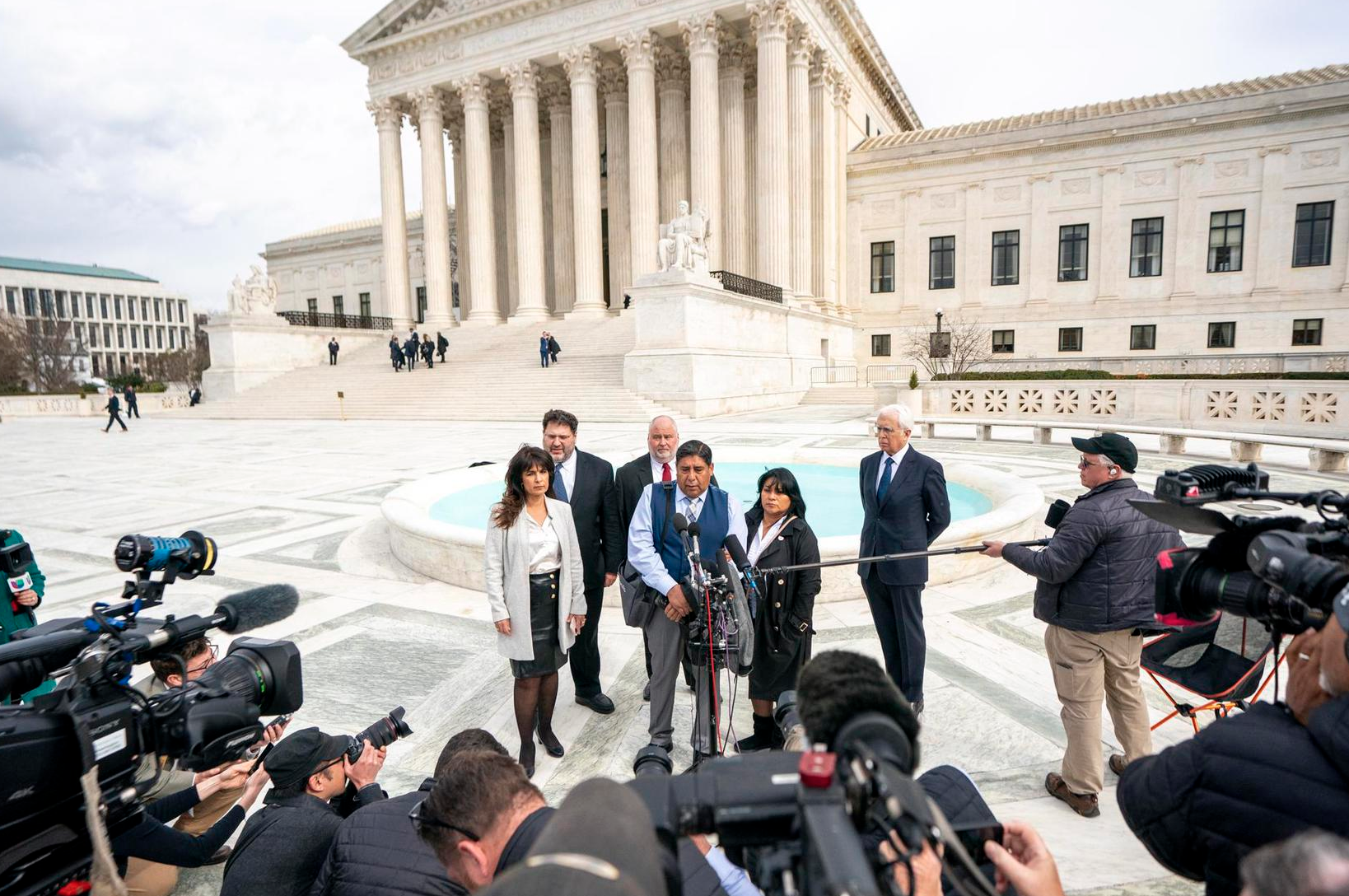Next June 30 will be a historic day. Nohemí González died on November 13, 2015, in France as a result of terrorist attacks by the Islamic State. Motivated by pain and frustration, the parents of the young Latina filed a lawsuit against Google because YouTube, one of its affiliated companies, allowed the dissemination of videos made before the terrorist attack with content that showed the radicalism of extremist groups affiliated with the Islamic State.
The main argument of the lawsuit is that, if digital platforms can detect in time and download from the cloud unsuitable content such as child pornography, they would have been able to detect on their multiple platforms (video and e-mail) the exchange of information that encouraged and planned the terrorist attack.
The counter-argument of the affected technology companies, not only Google but also Facebook and Twitter, is that they cannot be blamed for the content posted by users. And, if they intervened, they would be affecting the freedom of expression of millions of users around the world. To this end, the companies are protected in the United States by a 1996 law, specifically Section 230, which safeguards them in terms of content management. Under this law, these companies can manage the subject as they see fit, on the understanding that the companies are not entirely responsible for what users publish.
The lawsuit against Google is in the U.S. Supreme Court and, if it is resolved against the company, it could lead to a rethinking of a series of values and principles on which the culture in favor of the right to freedom of expression has been built.
In the first instance, the Court’s ruling would demonstrate the exclusivity of the state’s guarantee of human rights. Private companies, especially those involved in information technology, have assumed the role of being the defenders and promoters of freedom of expression. However, it was the nation-states that signed the 1947 Universal Declaration of Human Rights. Therefore, it is up to them to ensure and reconcile the different rights that may be in conflict.
In this case, it is clear that the right to life is superior to freedom of expression. So, it would be contradictory for states to delegate their responsibility to technology companies in sensitive matters where the lives of the population are at stake. Likewise, it is contradictory for companies to delegate responsibility for consuming content that spreads the ideology, in this case, of the jihadists of the Islamic State who were planning a terrorist attack that lamentably took place.
On the other hand, this double denial of responsibility reveals paradoxes of tolerance’s value: Can you be tolerant with the intolerant? Can you allow the knowledge of crime to circulate through state-regulated public media? In Latin America, for decades, there has been an issue of censorship and restriction of drug-related events broadcasting on public radio, in which the conjunction of three elements is evident: the apology of crime, the permissive culture, and the exaltation of the subjectivity of criminals. In the defense of censorship, restriction, and prohibition of drug-related events, Human Rights Commissions and the Chambers of Radio Industries have intervened from a position that points toward the promotion of a culture of peace.
The intellectual Zygmunt Bauman, based on his analysis of the liquid society, has given a clear definition of the situation in which we find ourselves since the new technological revolution of information took place: “It is up to the citizen to resolve the system’s contradictions”. We should be very attentive to June 30, as it could be a historic day when the Supreme Court will issue its ruling. But, above all, we should pay attention to the arguments of the judges to support such a resolution.
With them, we will be able to venture into a new way of understanding the nation-state’s governing power regarding the regulation and responsibility of the right to freedom of expression; or else continue with the liquid society’s paradoxes evolution, which, in the words of journalist Andrés Oppenheimer, can be summed up in “every man for himself”.
*Translated from Spanish by Janaína Ruviaro da Silva













